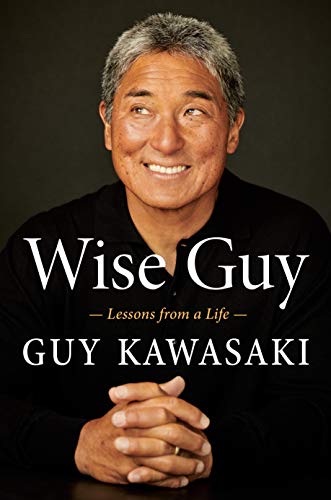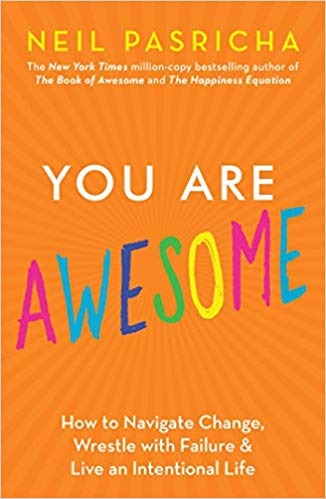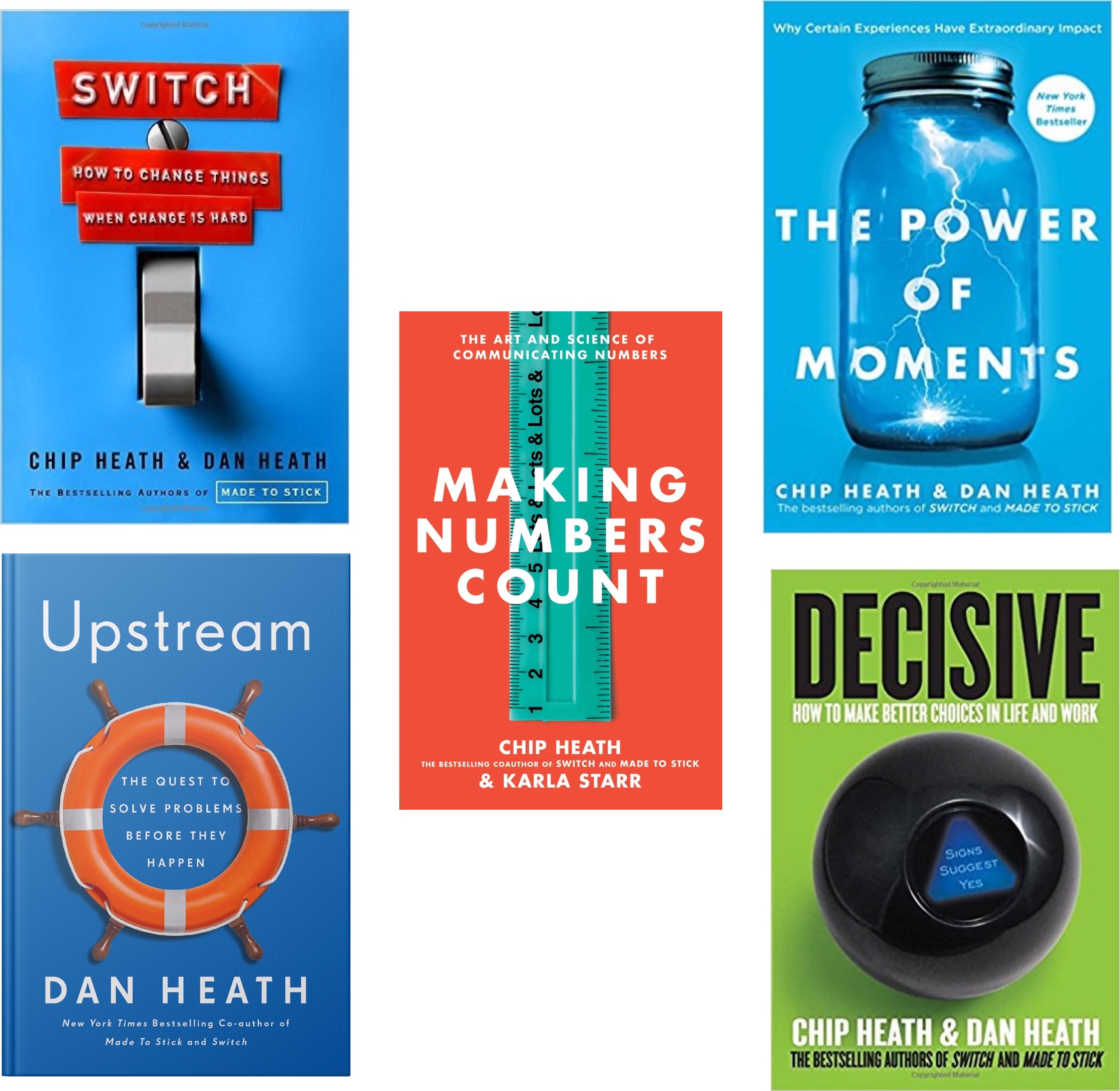Wired to Care: how companies prosper when they create widespread empathy by Dev Patniak with Peter Mortensen ©2009 explains the importance of empathy and how to spread it around. While written for businesses, this is a book that all school leaders should read and act on. Click at the bottom of any page to by copies for leaders you know.
Dev Patniak and Pete Mortensen
- DEV is the CEO of Jump Associates, a strategy and innovation firm. Jump helps companies create new businesses and reinvent existing ones. Jump works with some of the world’s most admired companies, including GE, Nike, Target, and Virgin. Jump has become particularly well-known for its pioneering culture. Dev is a frequent speaker at business forums and his articles have appeared in numerous publications, including BusinessWeek, Forbes, and Fast Company. He is an adjunct professor at Stanford University, where he teaches a course called Needfinding. Contact Dev at dpatnaik@jumpassociates.com and follow him on Twitter at @devpatnaik.
- Pete is the communications lead for Jump Associates. A journalist by training, he has written for and edited numerous monthly, weekly and daily publications, including Spin Magazine, nyou, the Holland Sentinel, the Windsor Times, and Wired News.
Part I: The Case for Empathy Introduction
- As the title says, we are wired to care. Unfortunately, that instinct seems to get short-circuited when we get together in large groups. Real empathy can ensure more ethical behavior in a way that no policies and procedures ever could. The trick is to encourage everyone to walk in other people’s shoes. This book is packed with great stories that demonstrate how some companies strive to really understand their customers and meet their needs. If you want people to be interested in you and what you do, you should be genuinely interested in the people you are dealing with.
2. The Map Is Not the Territory
- Reports are abstractions and often lose touch with reality. A plan is only a map that doesn’t know the territory. In organizations, decision makers often find themselves working with simplified data that lacks context. This makes it easy to digest but can’t tell the whole story. There is a great story here about how Lou Gerstner turned IBM around by sending his people out to meet with customers and develop more empathy. As a result, support and service became a major growth area for the company. His mantra was “what are you hearing from our customers?” Empathy helps people see the world as it really is, not how it looks on a map. (Doug: I have long thought that it is important to view parents and students as customers, listen to them, and try to meet their needs. As a principal, I also viewed teachers and other staff members as my customers.)
3. The Way Things Used to Be
- The longer a team knows each other, the better they tend to do. This is something Dev discovered while teaching at Stanford. For thousands of years people made things for people they knew. Thanks to industrialization, a rift grew between producers and consumers. Is something lost when snowshoes are made by people who have never seen snow? Dev believes that it is much harder to succeed when you create things for people you don’t know. I love the story of the Zildjian Cymbal Company used to reinforce this concept. Their secret was keeping close relationships with drummers. Unfortunately, most companies don’t work this way and lose the ability to meet face to face with ordinary people. Such face to face meetings forms empathic connections.








